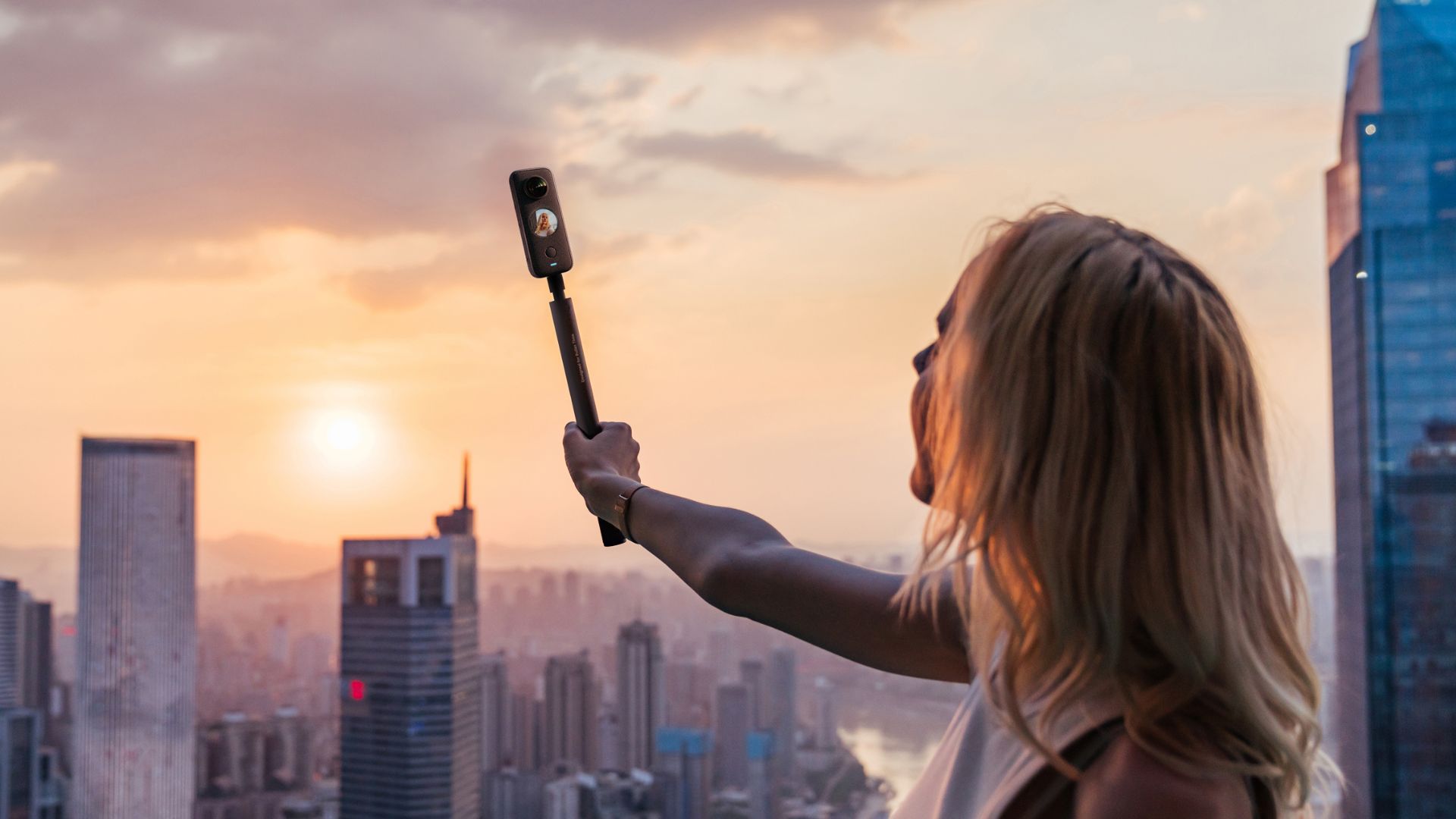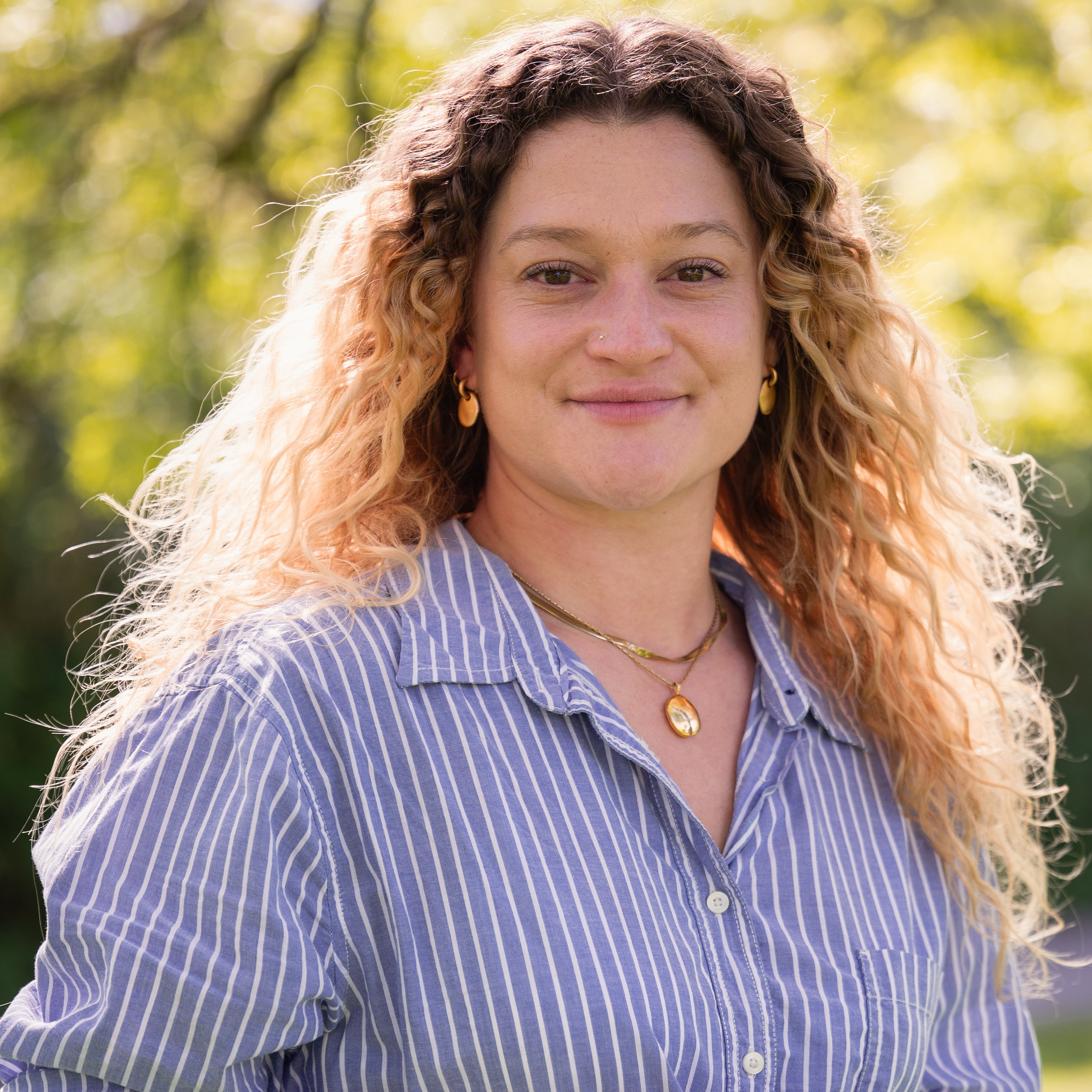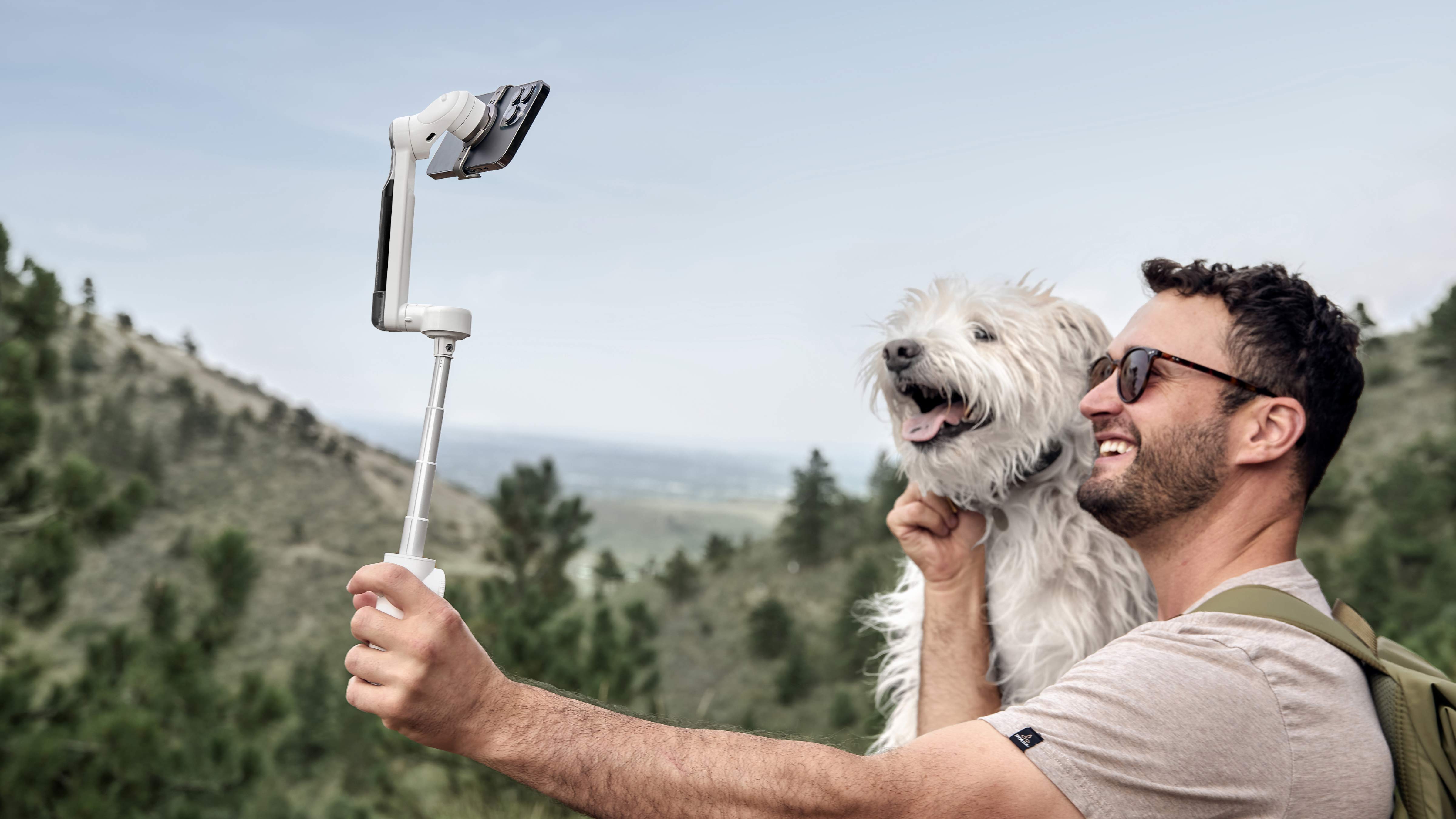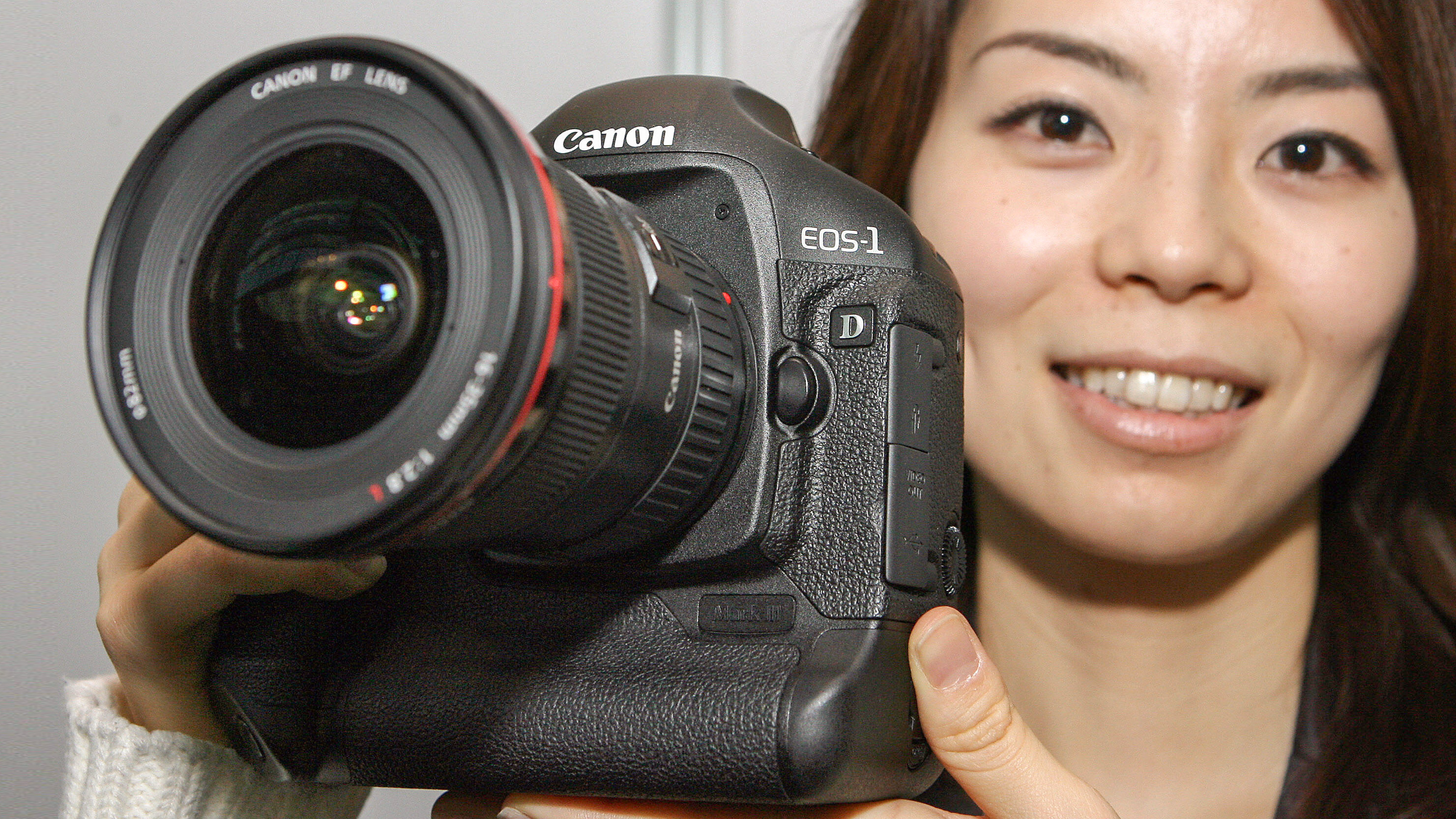Everyone has a camera—but a surprising number don’t take any photos AT ALL!
Over a fifth of men and a tenth of women are opting for a camera-free life in the UK

In an age of endless selfies, and the ‘if it’s not on social media did it even happen?' attitude, a new study from UK-based tech retailer Currys has revealed that a surprising number of Brits are shunning cameras altogether.
In the study, 46 percent of people claimed that looking at photos of friends, family, pets, made them feel happy, but 15 percent of Brits said they have no pictures of loved ones in their home.
Interestingly there is a clear gender divide within those choosing to shun the shutter, with almost twice as many men (21 percent) than women (11 percent) opting for a camera-free life.
The ability to document every part of our existence is more accessible than ever, with phone camera technology rivalling ‘proper cameras’ in many regards, and platforms like Instagram providing the perfect tool to present heavily curated versions of our lives.
It’s the norm to whip out a device, or even a 35mm film camera, these days and document a holiday, a gig, or even a meal, so 15 percent abstaining is certainly a notably high statistic.
While this 15 percent might be in the minority, society’s obsession with displaying heavily edited photos for clicks and likes has been well-documented to have potentially negative effects on self-esteem and mental health.
A study by London's City University found 90% of women surveyed would edit pictures to reshape their nose or jaw, brighten their teeth or alter their waist before posting on social media.
The best camera deals, reviews, product advice, and unmissable photography news, direct to your inbox!
This issue is especially prevalent among teenagers.
40 percent of teenagers in the UK said images on social media make them worry about their body image, according to a survey by the Mental Health Foundation.
This has led many Gen Z’s to partake in occasional, or sometimes permanent digital detoxes, also known as ‘monk mode’, where people take a break from their socials.
Apps like Freedom, and Apple’s Screen Time feature allow users to set time restrictions for certain apps, or even restrict them fully, and have proven popular with Gen Z.
All of which adds up to say that if you're asking: "Who makes up the 15%?" the answer might be more complex than you imagine.
Check out our guide to the best phone cameras. We've also put together a guide to the best selfie sticks, and the best compact cameras to have in your bag on a night out.
Film is very much back in fashion, so check out the best film cameras.

After graduating from Cardiff University with an Master's Degree in Journalism, Media and Communications Leonie developed a love of photography after taking a year out to travel around the world.
While visiting countries such as Mongolia, Kazakhstan, Bangladesh and Ukraine with her trusty Nikon, Leonie learned how to capture the beauty of these inspiring places, and her photography has accompanied her various freelance travel features.
As well as travel photography Leonie also has a passion for wildlife photography both in the UK and abroad.

